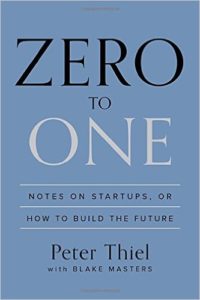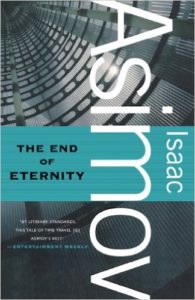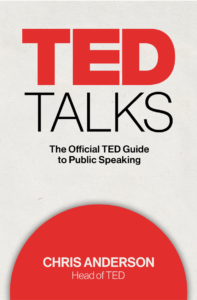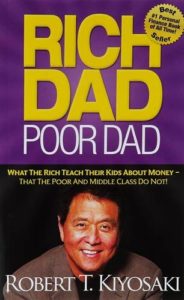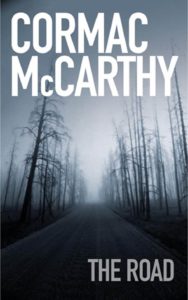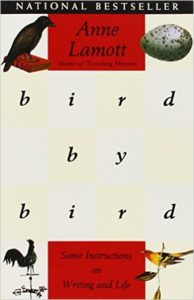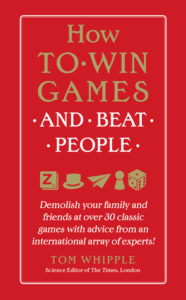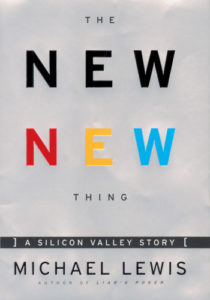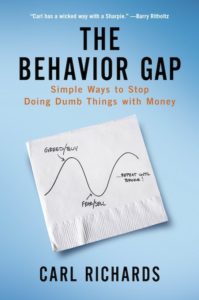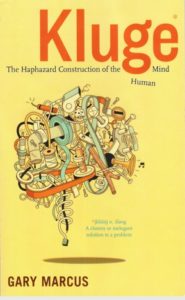Zero to One: Notes on Startups, or How to Build the Future
by Peter Thiel, with Blake Masters, 2014
Good short book about the importance of businesses being actual improvements over what came before. Thiel is focused on technology, and his advice is not generalizable to all industries. He says that any new product should be a 10x improvement over the previous offering in order to gain acceptance. 10x easier to use, cheaper, better, and/or faster. Anything less won’t overcome the switching costs of moving to the new product.
I really liked the discussion of society’s optimism/pessimism and beliefs about whether the future is determinate or indeterminate. The US used to be deterministic optimists. We knew the future would be better than today and specific projects were undertaken to bring about this improvement. Somewhere along the lines, the determinate became indeterminate in the US. People still thought the future would be better than the present, but they weren’t really sure how. In a determinate world, many of the brightest minds become inventors, scientists, and engineers striving to create the future. In an indeterminate world (like today in the US), many of the brightest minds become attorneys, consultants, and bankers in order to profit from a better world without really creating it themselves. This is part of the reason why many of the technology thought leaders (Elon Musk comes to mind) seem so eccentric nowadays. They often have a view of the future that they want to create, and this clashes with an indeterminate populace that is not really sure how to move progress forward. At least we’re not pessimists like much of the rest of the world.
